Duolingo Goes "AI-First": How the Language App is Changing its Business
Just recently, Shopify announced it was going "AI-first" in its business approach, and only days later, Duolingo followed suit with a similar declaration.
The language learning platform is making a bold strategic shift toward artificial intelligence that will transform everything from content creation to hiring practices.
Today, we'll explore why Duolingo is betting big on AI, how this change will impact its business model, what it means for current employees, and the mixed reactions from users.
Will this gamble pay off like their mobile-first approach did in 2012, or is the company risking its user base?
Let's get to know more about it.
Why is Duolingo Moving to AI?
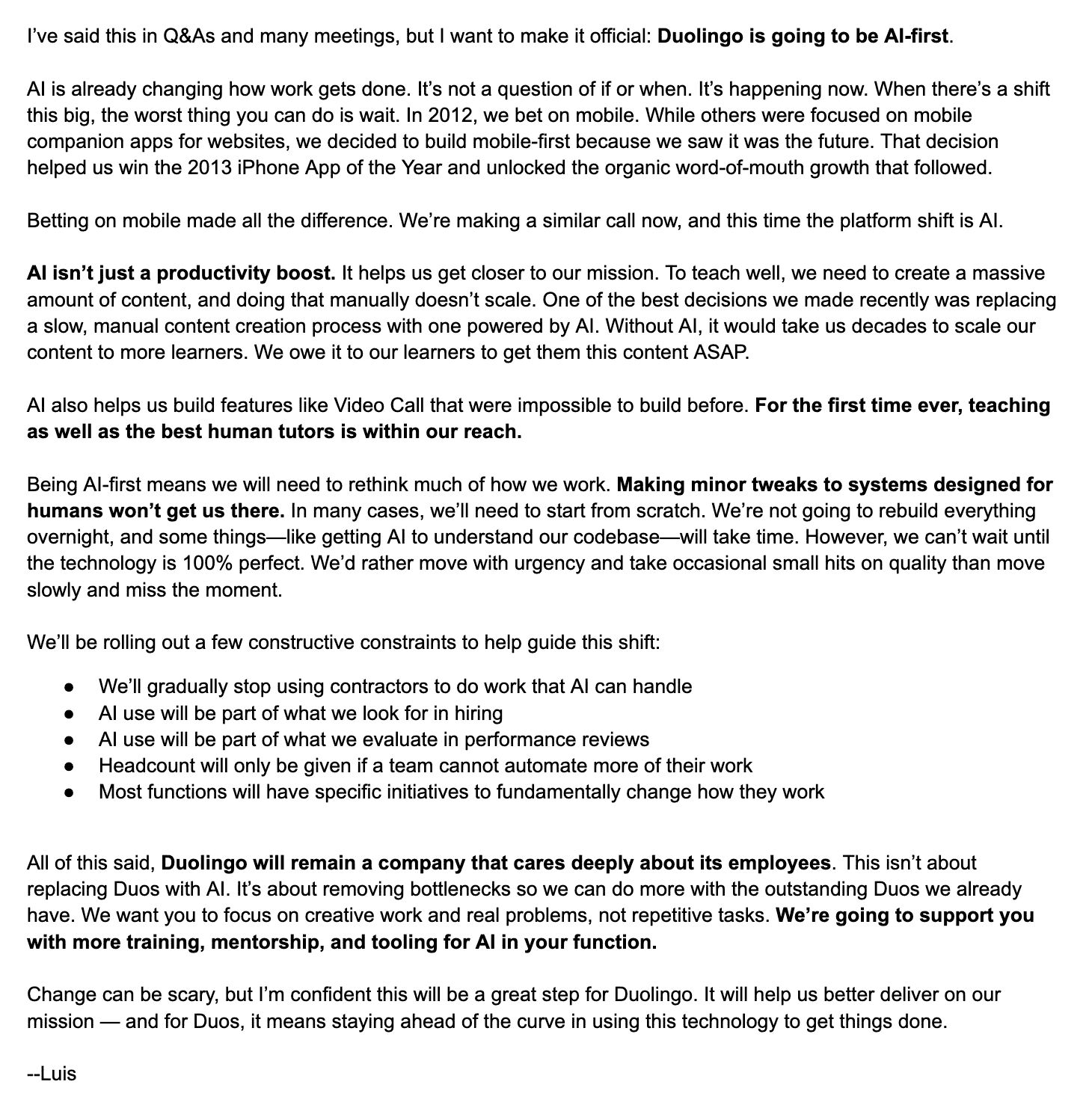
Duolingo is making a big shift to become an "AI-first" company, much like when they bet on mobile back in 2012. CEO Luis von Ahn sees this change as key to their future success, saying that waiting during such a major tech shift would be a mistake.
The company has clear business reasons for this move:
- AI helps them create teaching content much faster
- Creating content manually doesn't scale well for a growing platform
- The technology allows them to build new features like Video Call that weren't possible before
- AI can now teach nearly as well as the best human tutors
How will AI Change Duolingo?
Duolingo is moving quickly with this change, even knowing the technology isn't perfect yet. Von Ahn stated they'd "rather move with urgency and take occasional small hits on quality than move slowly and miss the moment." This push comes as AI's role in education grows, supported by President Trump's recent executive order to bring AI into K-12 schools.
The timing aligns with broader workforce trends. According to the World Economic Forum, AI will change about 23% of jobs in the next five years. Duolingo has already shown how this might look - they previously cut around 10% of contractor positions after adopting AI for translation tasks.
For Duolingo, the shift means:
- Gradually stopping contractor work that AI can handle
- Including AI use in hiring decisions
- Making AI part of employee performance reviews
- Only adding new staff if teams cannot automate more of their work
The company believes this approach will remove bottlenecks and let them deliver on their mission more effectively.
What Will Be the Impact on Current Employees
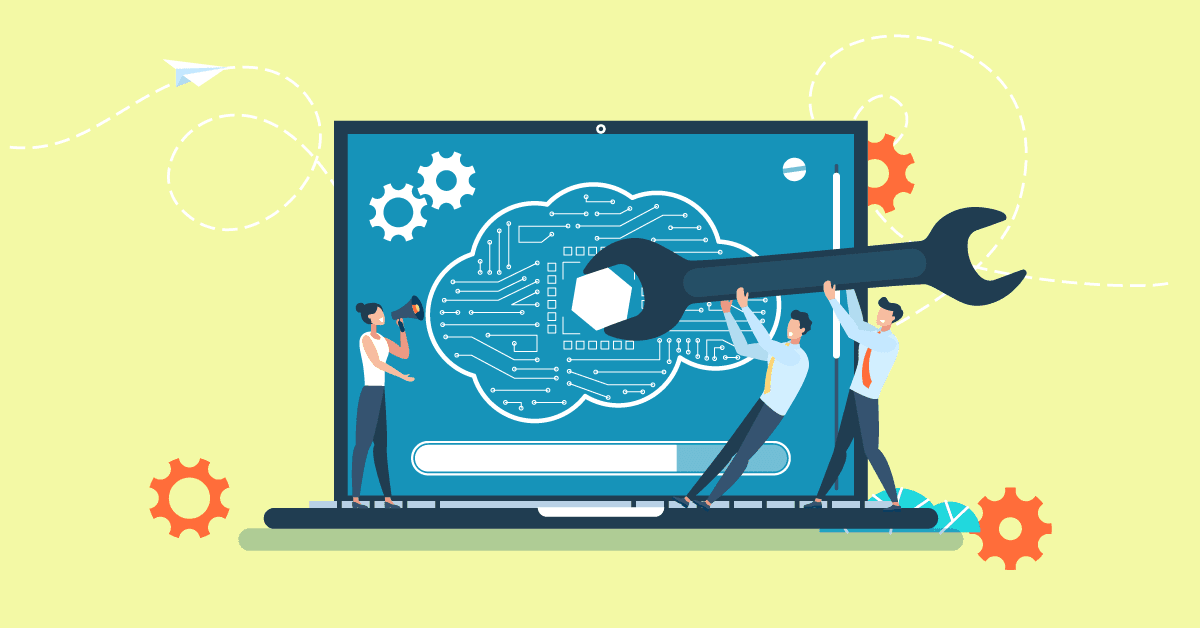
While Duolingo is shifting to AI, the company says it still cares deeply about its staff. CEO von Ahn stressed this isn't about replacing current employees with AI but about "removing bottlenecks" so they can focus on more creative and meaningful work instead of repetitive tasks.
The company has promised several support measures for its team members:
- More training on AI tools and methods
- Mentorship programs to help with the transition
- New AI tools designed for their specific job functions
For existing staff (called "Duos"), the company says this change means staying ahead in using new technology to work better. Teams will have "specific initiatives" to change how they operate with AI, shifting away from manual processes that don't scale well.
Von Ahn acknowledged that "change can be scary" but expressed confidence that becoming AI-first will help Duolingo better achieve its mission while allowing employees to focus on solving real problems rather than handling routine work.
Recent AI Developments at Duolingo
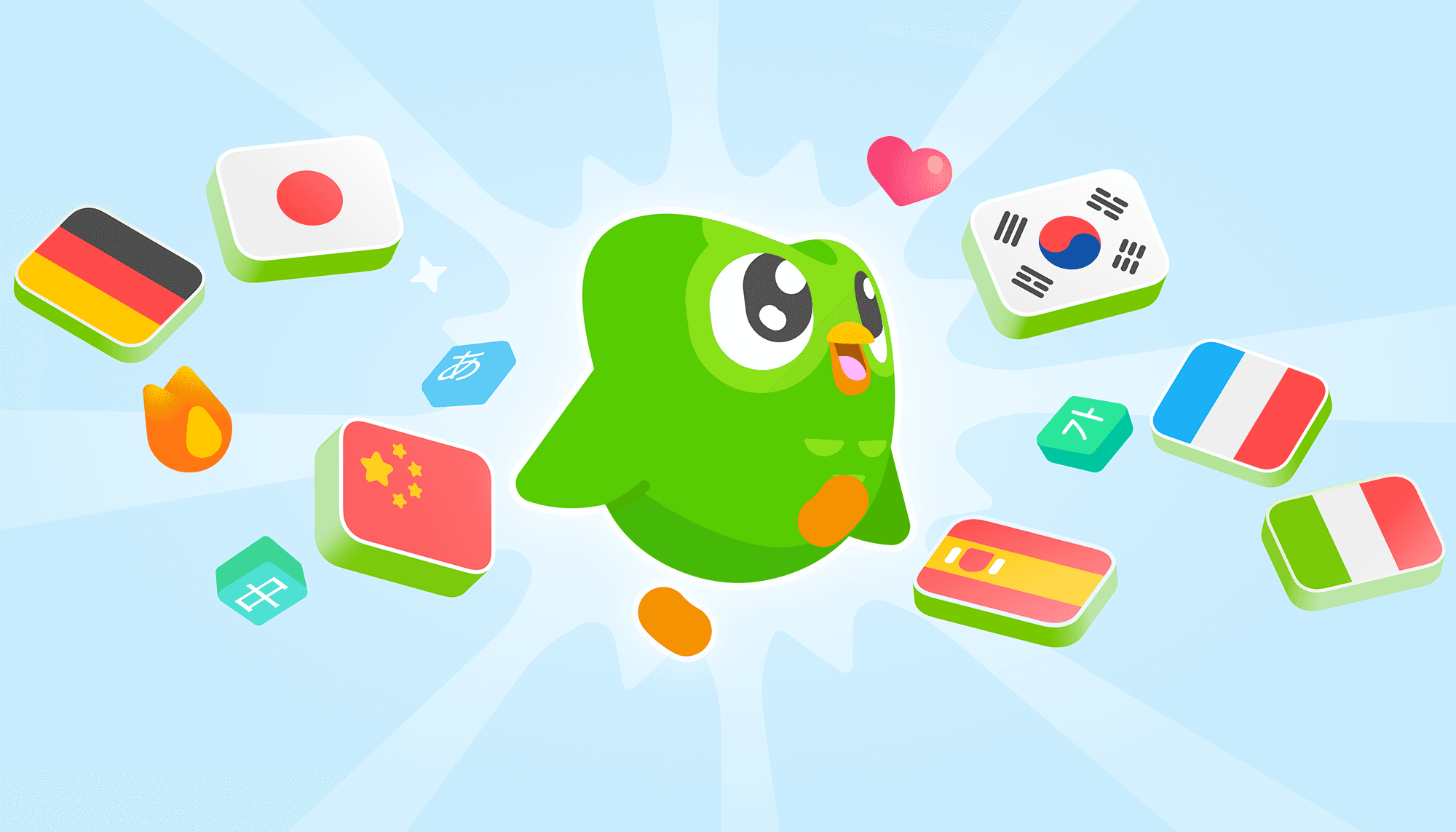
Duolingo has made big moves with AI recently, launching 148 new language courses created using AI technology. This marks the biggest content expansion in the company's history, doubling its course offerings. What took them 12 years to build originally (their first 100 courses), they've now nearly matched in just one year thanks to AI.
The company has been gradually increasing its AI usage:
- They cut around 10% of their contractor workforce in late 2023 as AI took over translation tasks
- They now use OpenAI's GPT-4 to power premium features in their subscription tier "Duolingo Max"
- Their own AI model called "Birdbrain" personalizes lesson content for users
These new AI-created courses focus mainly on beginner language levels. They include special features like "Stories" for reading practice and "DuoRadio" to help with listening skills. The company plans to add more advanced content in the coming months.
This latest launch comes right after Duolingo announced its shift to becoming an "AI-first" company, a move that has caused some user backlash over concerns about content quality and worker replacement.
Public reaction to Duolingo swift to AI
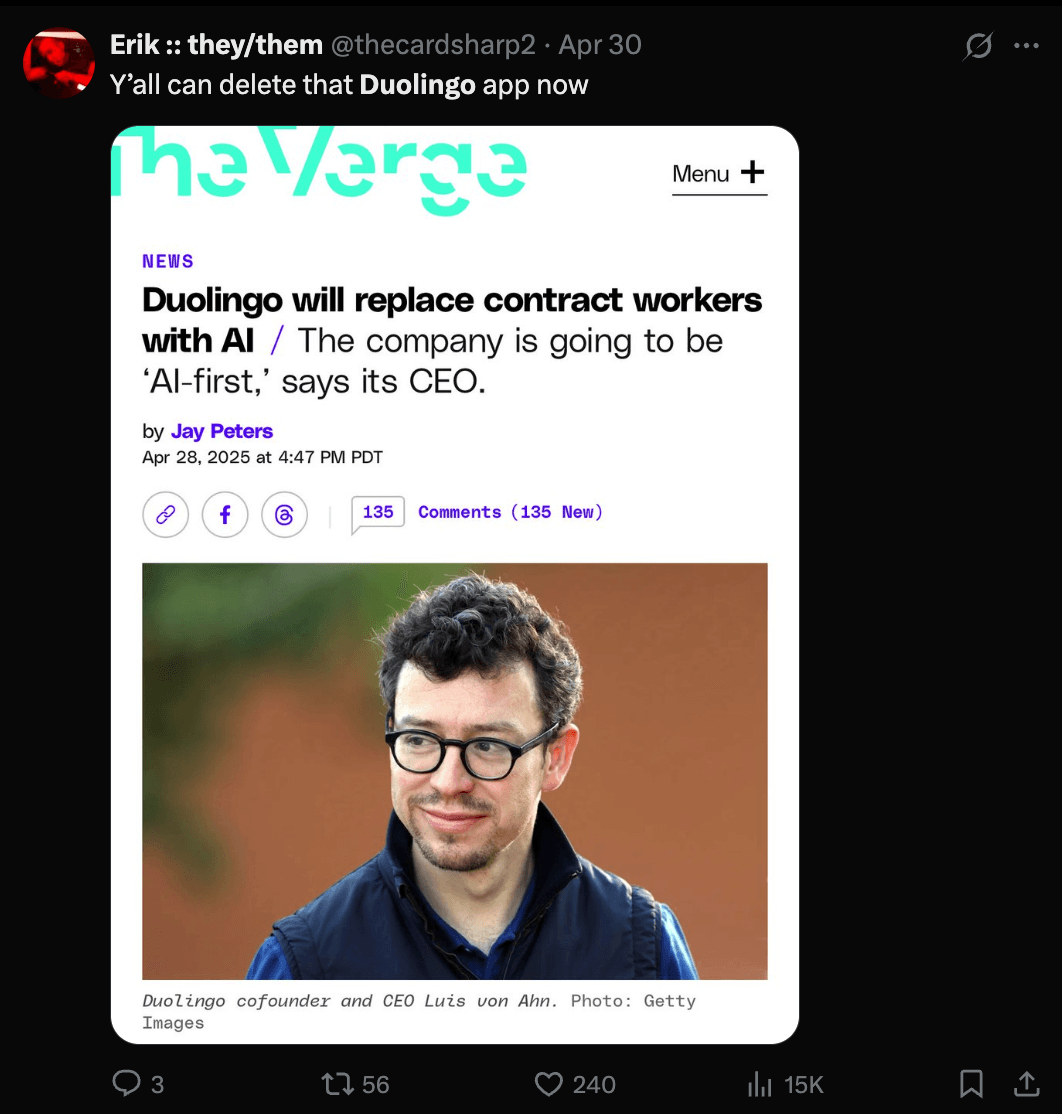
Duolingo's announcement about becoming "AI-first" has sparked strong negative reactions from many users on X (Twitter). Many users expressing their disappointment and plans to delete the app.
The backlash focuses on several concerns:
- Many users are announcing they're deleting their accounts in protest
- Some users are specifically upset about paying for a service that's replacing human workers with AI
- Others express doubt about AI's ability to handle complex languages properly
- Several posts show users sharing impressive learning streaks before leaving the platform

The reaction shows a disconnect between how Duolingo views its AI transition and how users perceive it. While the company frames the change as progress that will improve the learning experience, many long-time users see it as a step backward that might harm content quality.
Social media posts also include sarcastic suggestions like "replace the CEO with AI first" and questions about the company's ability to maintain quality with AI for more complex languages like Arabic.
The intensity of responses suggests Duolingo may face a significant user retention challenge as it implements these changes.
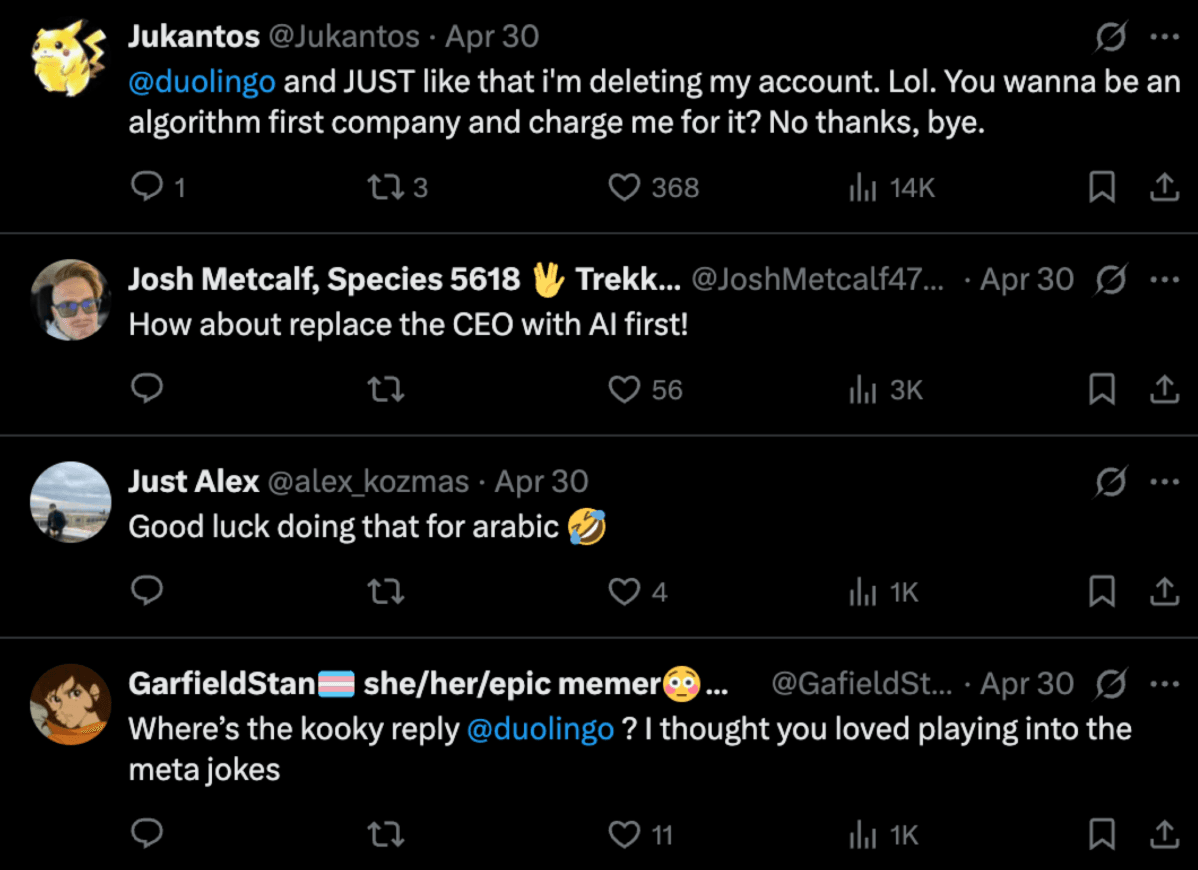
Conclusion
Duolingo's shift to becoming "AI-first" marks a major turning point for the language learning platform. The company sees AI as essential to scaling their content creation and delivering on their mission, similar to their successful bet on mobile in 2012.
While promising to support current employees with training and mentorship, Duolingo is clearly moving away from human contractors for work AI can handle.
The recent launch of 148 AI-created courses shows the company is already deep into this transformation. However, the strong negative reaction from users suggests this business decision comes with significant risks:
- Many loyal users are deleting their accounts in protest
- There are widespread concerns about content quality
- Users question if AI can properly handle complex languages
- The company faces a potential exodus of long-time learners
This tension between business efficiency and user satisfaction will likely define Duolingo's future. As AI continues transforming education and work, Duolingo's experience may serve as a case study for other companies making similar transitions in the AI era.
FAQs
1. What is Duolingo's "AI-first" strategy?
Duolingo's AI-first strategy means integrating AI throughout its business operations, from content creation to hiring processes. This shift aims to scale content faster, build new features like Video Call, and gradually reduce dependency on contractors for tasks AI can handle.
2. Will Duolingo's AI shift affect current employees?
Current employees won't be replaced but will shift to more creative tasks. Duolingo promises additional training, mentorship, and AI tools for staff. The company states this change is about "removing bottlenecks" rather than replacing their existing workforce.
3. How has Duolingo already implemented AI in its platform?
Duolingo has launched 148 new AI-created language courses, uses GPT-4 for premium features in Duolingo Max, and employs their proprietary "Birdbrain" AI model for personalized content. They've already reduced contractor positions by 10% in 2023.
4. Why are users unhappy with Duolingo's AI shift?
Many users are deleting accounts because they're concerned about content quality, disapprove of replacing human workers with AI, question AI's ability to handle complex languages properly, and feel the company values efficiency over educational quality.
5. How does Duolingo's shift compare to broader AI trends?
Duolingo's AI transition aligns with growing AI adoption in education, supported by recent government initiatives. The World Economic Forum predicts AI will transform 23% of jobs within five years, making Duolingo's strategy representative of wider workforce transformation trends.

Comments
Your comment has been submitted